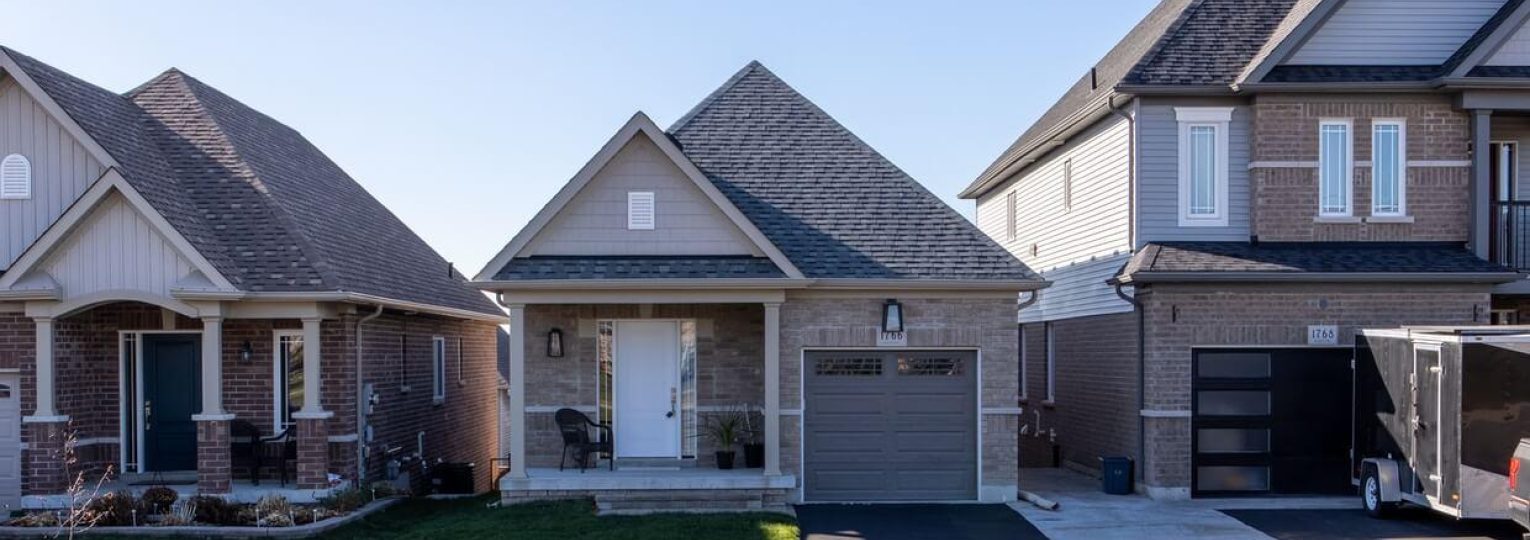Refinancing your mortgage is when you trade your current mortgage for a larger one, use it to pay off what you have and keep the difference.
Reasons for refinancing will vary depending on individual needs; however, a couple of common scenarios include:
- To access home equity to meet a financial need like renovating, investing, or consolidating debt, or
- Restructure an existing mortgage to get a better rate or re-amortize and have a lower regular payment.
Refinancing is particularly beneficial when interest rates are stable or declining. Achieving the same thing in rising rate environment is much harder, if at all possible. This is because higher rates mean you qualify for less, and there's little to no chance of getting a better rate than you currently have. It also reduces the likelihood of getting the lower payment you're looking for.
Be mindful of payment changes
While you want to protect yourself from these downfalls, it doesn't necessarily imply you have to delay refinancing due to high rates. It means you must look at the bigger picture and be mindful of the potential changes to your monthly payments after you refinance and the overall savings you can achieve. Consolidating higher interest debts, for example, will make sense by this measure because you're still winning the difference at the end of the day.
However, if your monthly obligations increase due to a refinance, you should closely examine your household budget and determine whether the move still makes sense.
Lower payment means lower rate or longer amortization
Amortization has a significant impact on your regular payment. If your household budget is a bit strained, but you’ve been paying into your current mortgage for a while, there may be a way to leverage one to make the other work.
The benefit of this type of refinance is to win some monthly cash flow. But this can come at the expense of a longer mortgage lifespan—and by extension, total interest paid to the bank in the long run.
Keep sight of the bigger picture
Making financial decisions while focusing on long-term objectives will yield the greatest benefit overall. The choice to refinance or restructure your mortgage is no different.
Identify your priorities and weigh your options against those and any possible downfalls. This is particularly important in a rising rate environment as your decisions will have short- and long-term outcomes.
A common challenge you might face when comparing options is understanding the different units of measurement. Some values, like interest rates, will be expressed as percentages, while others will be absolute values (i.e., dollars and cents) like your monthly payment. To simplify this process, I will often write out the various elements in one form to help a client put things into perspective.
Refinancing alternatives
If you're looking for an alternative to refinancing, obtaining a second mortgage or a home equity line of credit (HELOC) are options to consider.
Both can provide the necessary funds for home improvements, debt consolidation or other expenses without the need to refinance your current mortgage. While they come with costs and benefits (you can always line them up side-by-side when deciding), remember they have specific terms and conditions, including income and credit score requirements.
Income and debt requirements
The reality is there's no one catch-all solution. Your situation is unique, from your income to the debt you carry to the lifestyle choices that impact your finances. Financing is a tool, and having the right financial tools and resources makes it easier to make good money decisions and achieve your goals. The first step is to understand what you're looking to accomplish clearly.
The good news is, you don’t have to go at it alone. Experienced professionals are out there who can help you identify your circumstances, bring to light the refinancing options available to you and assist you in comparing them effectively.
The bottom line
When the time is right, refinancing can be a good decision for homeowners looking to save money on their monthly mortgage payments. But you must manage your expectations and assess the current rate environment, the potential changes to your monthly payments, and the long-term financial implications for making it work for you.
While alternatives such as a second mortgage and HELOC are also worth considering, remember that those options come with their own eligibility criteria, including credit score and income. Before making any decisions, it's wise to consult a experienced mortgage broker who can arm you with the knowledge and tools you need to refinance successfully.




